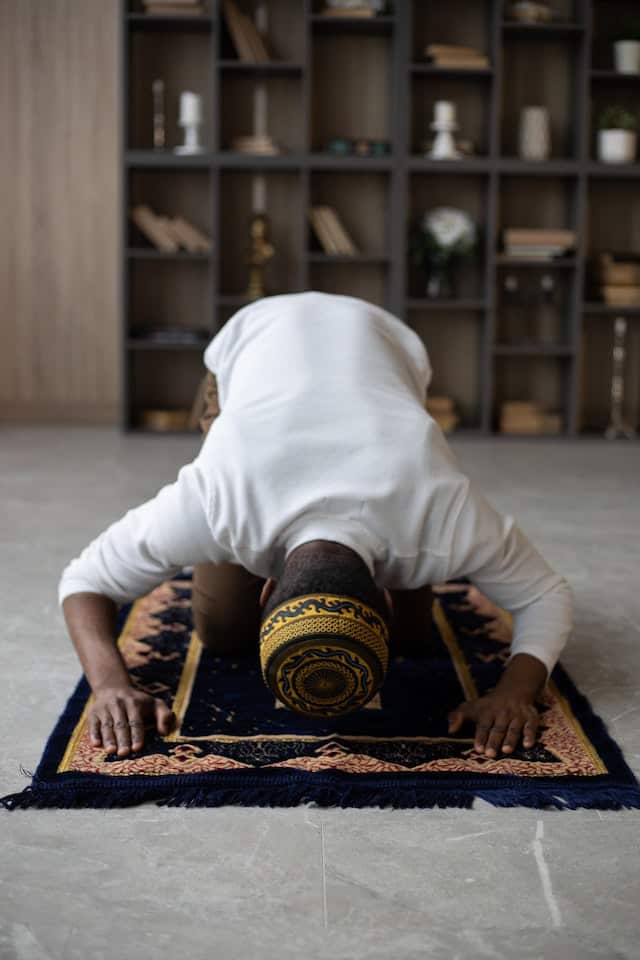How do I perform salatul tasbih?

What is Salatul Tasbih?
It is a voluntary 4 rakahs salah which is called Salatul Tasbih because it entails reciting 300 times tasbih in various positions during the salah.
Is the Salatul Tasbih a sunnah?
This salah is a voluntary salah which is purported to elicit huge forgiveness as per the narration of Ibn Abbas (may Allah be pleased with him), which some scholars dispute, but is nevertheless a good narration. Narrated by Abu Dawoud, Ibn Majah, Daraqutni, Bayhaqi, Tabarani and Ibn Khuzaymah and many others.
What are the rewards of Salatul Tasbih?
The Prophet ﷺ is narrated to have said to his uncle Al- ‘Abbas (may Allah be pleased with him):
Ibn ‘Abbas told that the Prophet said to al-‘Abbas b. ‘Abd al- Muttalib:
O ‘Abbas, O my uncle, shall I not give you a gift, shall I not give you something, shall I not tell you of something which, if you do it, will expiate for ten types of sins? If you do them, Allah will forgive you your sins, the first and the last of them, the old and the new, the unintentional and the deliberate, the minor and the major, the secret and the open, ten types of sin: first and last, old and new, involuntary and voluntary, small and great, secret and open? You should pray four rak’as reciting in each one Fatihat al-Kitab and a sura and when you finish the recitation in the first rak’a you should say fifteen times while standing, Subhan-Allah wal- hamdu Lillah wa la ilaha illallah wa Allahu Akbar:“Glory be to God. Praise be to God. There is no god but Allah. Allah is most great.” Then you should do Ruku’ bow and say it ten times while bowing. Then you should raise your head after bowing and say it ten times. Then you should get down in Sujud prostration and say it ten times while prostrating yourself. Then you should raise your head after prostrating yourself and say it ten times. ’ Then you should prostrate yourself and say it ten times, then raise your head and say it ten times. That is, seventy-five times in every rak’a. You should do that in four rak’as. If you can observe it once daily do so; if not, then once weekly; if not, then once a month; if not, then once a year; if not, then once in your lifetime.
(Narrated by Abu Dawud, Ibn Majah and Baihaqi, in [Kitab] ad-Da’awat al-kabir, transmitted it, and Tirmidhi transmitted something similar from Abu Rafi’)
When can you perform Salatul Tasbih?
Salat ul Tasbih can be offered at any time a day except at disliked times. One should be in a state of wudu and pray in a clean place, and wear clean clothes and be covered as per any normal salah.
How to perform Salatul Tasbih
The Tasbih which is recited in Salaat-Ul-Tasbih is:
‘Subhaanallaahi walhamdu lillaahi walaa ilaaha illallaahu wallaahu akbar’
- Make the intention to pray 4 rakahs Salatul Tasbih.
- Say Allahu akbar and fold hands and recite the thana.
- Recite Surat Al-Fatihah, followed by a surah then recite tasbih 15 times.
- Go into ruku (the bowing position) and recite subahaana rabbiyal azeem followed by the tasbih 10 times/
- Stand up after Ruku and say samee allaahu liman hamidah, rabbana wa lakal hamd, followed by the tasbih 10 times.
- Go into the first sujud and recite subahaana rabbiyal aa’la three times, followed by the tasbih 10 times.
- Sit up (between the two sujud) and then recite the above tasbi 10 times.
- Go into the second sujud and recite subahaana rabbiyal aa’la, followed by the tasbih 10 times.
- Then raise your head from Sujud and say it ten times before you stand up.
This is a total of 75 tasbih in the first rakah.
Repeat this for four rakahs.
Once complete, one will have recited the Tasbih 300 times in four rakah. with the following method.
Salat ul Tasbih is a great form of nafl prayer, through which one can attain forgiveness for past sins and wrongdoings by attaining the pleasure of Allah Almighty by paying Him great Respect through Tasbih.
Related posts
When can I shorten and combine salah while travelling?
Do you have to make up missed salah?
- The truth is more powerful than lies
- Does a bride’s wali have to be Muslim?
- Is is permissible to lead a salah split over different rooms?
- Global IT outage. When systems go down…
- The concept of worship. What are ibadah and ihsan – and how do they lead to self development?
Recommended Posts

Does a bride’s wali have to be Muslim?
July 25, 2024

Can I remove my hijab for a scan?
June 26, 2024

